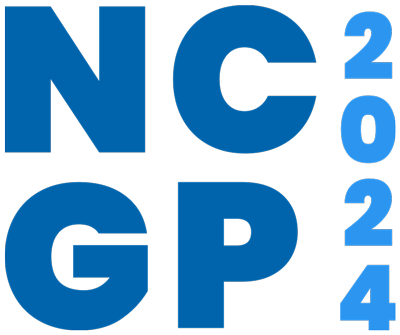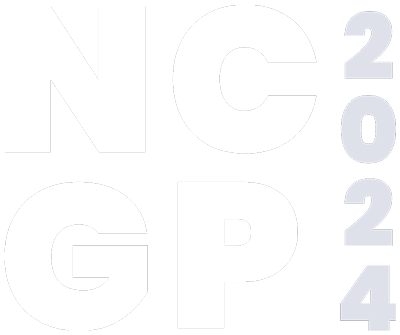The main theme of the NCGP2024 congress is General Practice – the bedrock of healthcare; respecting the core values. The congress programme will focus on highlighting the very basis of General Practice through the core values and principles approved by NFGP. The keynote lectures will each focus on one of the core values. In addition, the NCGP 2024 scientific programme will offer you plenty of inspiring symposiums, workshops, and presentations.
Symposiums and workshops have now been selected to be part of the congress programme. The descriptions of the workshops and symposiums can be found below.
If you have questions regarding the scientific content, please contact: ncgp2024@utu.fi.
Questions regarding registration or practical details of the conference, please contact:aboaevents@certia.fi.



